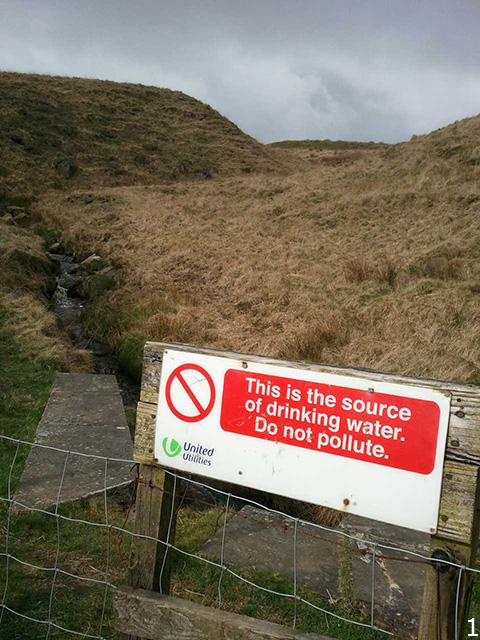Deep case studies
BESAFE carries out 12 single case studies addressing different issues areas related to biodiversity protection. This set of deep case studies covers different member states and geographical regions as well as various governance scales, stakeholder groups and their interaction. Overall, the case studies comprehensively explore the argumentation processes in the biodiversity-related policy making and provide knowledge on the transferability of arguments between the major governance levels.
Comparative case studies
Apart from the twelve deep case studies, BESAFE partners will conduct two comparative studies. The main idea behind these studies is to be able to compare different EU Member States with respect to particular WP 3 and WP 4 research questions. Comparative study “EU Biodiversity Strategy 2020 – national implementation” thus addresses the main questions of WP 3, while the study “Perceptions of biodiversity, ecosystem services and values at the national level” is concerned with WP 4 inquiry.
Water company uses of valuation evidence in investment planning
 Introduction
Introduction
As a regulated industry, large water companies in the UK must produce clear evidence on their customers’ preferences and the benefits to the environment in order to justify large scale (ˆbns) of investment in water treatment technologies that protect the environment. Over the last decade this sector’s use of economic valuation evidence, including from stated preference studies, has been at the forefront of applications of these methods. However, ecosystem services thinking is now driving further innovations in their approach. Our case study will explore how ecosystem services information can be used alongside customer preference surveys to examine whether existing valuation evidence covers the full range of economic benefits customers receive, and whether water companies’ resources are being used to optimally manage the water cycle.
Brief description of the policy problem
Justification of large scale (ˆbns) investments in water treatment technologies that protect the environment. Are water companies’ resources being used to optimally manage the water cycle?
Location
United Kingdom
Governance level(s) involved
The arguments (from customers’ preferences and valuation evidence) will influence the investment strategy of water companies in water treatment technologies, which will have an impact on the management of the water cycle.
Stages in the policy cycle
The arguments will be used at each level of the policy cycle:
- Problem framing
- Goal setting
- Finances
- Physical implementation
- Effect
 Main stakeholders involved
Main stakeholders involved
- Consumers;
- Consumer Council for Water: CCW represents the interests of consumers in the water industry;
- Defra: Defra has responsibility for policy on all aspects of water;
- Drinking Water Inspectorate: DWI is responsible for the regulation of drinking water quality in England and Wales;
- Environment Agency: the EA is responsible for ensuring that water companies implement the National Environment Programme and offers guidance on the content of Water Resource Management Plans;
- Natural England: conservation of the natural environment and sustainable development;
- Ofwat: Ofwat is the economic regulator of the monopoly water and sewerage companies in England and Wales;
- Welsh Assembly Government: The Welsh Assembly Government is responsible for regulation of drinking water quality, environmental water quality, water resource management and water industry regulation.
Partner responsible
eftec
Contact person
Rob Tinch (Rob [at] eftec.co.uk)
Images copyright: 1 - Ian Dickie©; 2 - Martin Cade©